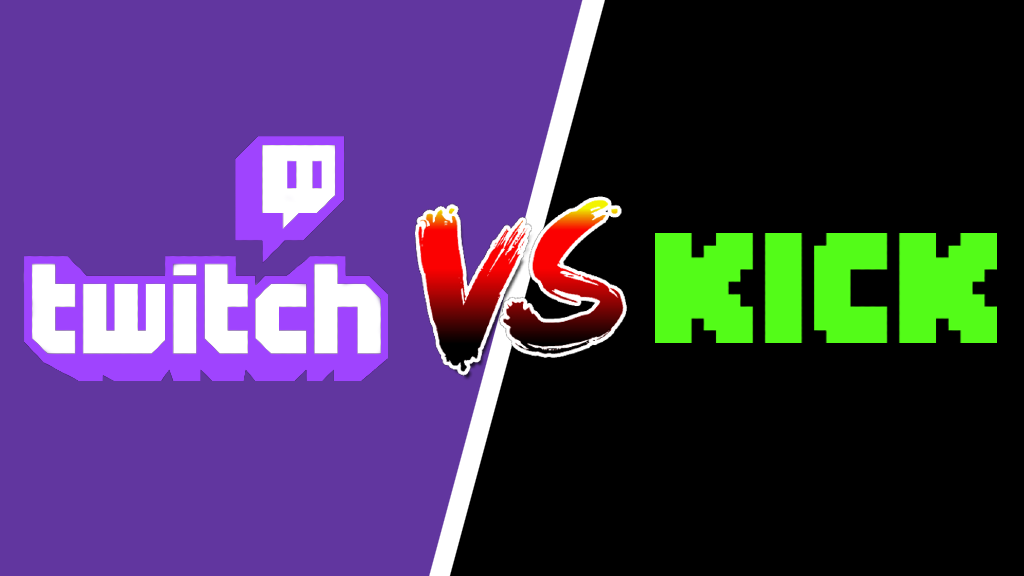With the emergence of the new streaming platform, Kick, as a creator-friendly alternative to established platforms like Twitch, it’s essential to understand the key differences between these platforms. In this blog post, we’ll dive into the specifics of revenue split, gambling policies, moderation, and advertising approaches, providing an in-depth comparison of Twitch and Kick.
Revenue Split
Twitch typically offers a 50-50 revenue split for most content creators, although a select few may receive a higher percentage. On the other hand, Kick stands out by providing creators with a more generous revenue split. Streamers on Kick enjoy a 95-5 share of revenue, attracting attention but also raising questions about the sustainability of this model.
Moderation and Content Guidelines
Twitch maintains guidelines against hateful conduct, discrimination, and harassment based on various protected characteristics. The platform aims to foster free speech while taking actions against banned behaviors. Kick emphasizes a commitment to clear Terms of Service (ToS) and guidelines, prohibiting harmful, deceptive, offensive, or illegal content, hate speech, and other undesirable behaviors.
Advertising Approaches
Twitch provides recommendations for streamers regarding advertising, including transparency, frequency, and content accuracy. Ads should be clear, verifiable, and protect potential customers. Kick is still in beta, so its advertising guidelines are not as developed, which is why you won’t see any ads at the moment. Nonetheless, Kick has expressed a focus on partnering with leading advertisers to drive revenue.
Gambling Policies
Twitch strictly prohibits users from sharing links or affiliate codes to gambling sites and broadcasting unlicensed gambling content. Several well-known gambling sites are banned on Twitch. Kick takes a more permissive stance, allowing streamers to engage in certain forms of online gambling such as poker and blackjack, depending on local laws. They’ve also recently added an option that allows user to hide certain categories, such as gambling, hot tubs and bikinis.
Conclusion
Understanding the differences between Twitch and Kick in terms of revenue, gambling, moderation, and advertising is crucial for streamers seeking the right platform. While Kick offers a more favorable revenue split and more flexible gambling policies, Twitch boasts a wealth of features and established guidelines. Both platforms prioritize free speech and prohibit hateful conduct. Streamers should consider these factors when choosing the platform that aligns best with their goals. As Kick continues to evolve, its advertising strategies and long-term sustainability remain areas to watch.
Ready to Take Your Stream to the Next Level? Join Streamloots Today!
Embrace the magic of Streamloots and open the door to a world where your community becomes active participants in your content. By offering interactions that are as diverse and creative as your streams, you’ll forge an unbreakable bond with your community while reaping the rewards of a boosted income. Your content, your rules—Streamloots empowers you to shape the interactions that align with your brand and vision.
Don’t miss out on this exclusive limited-time opportunity to secure an incredible 100% revenue share for the next 3 days! Time’s ticking, and if you haven’t hopped on the Streamloots train, you’re leaving amazing interactions and growth behind. Engage your viewers, grow your fan base, and create unforgettable moments.
